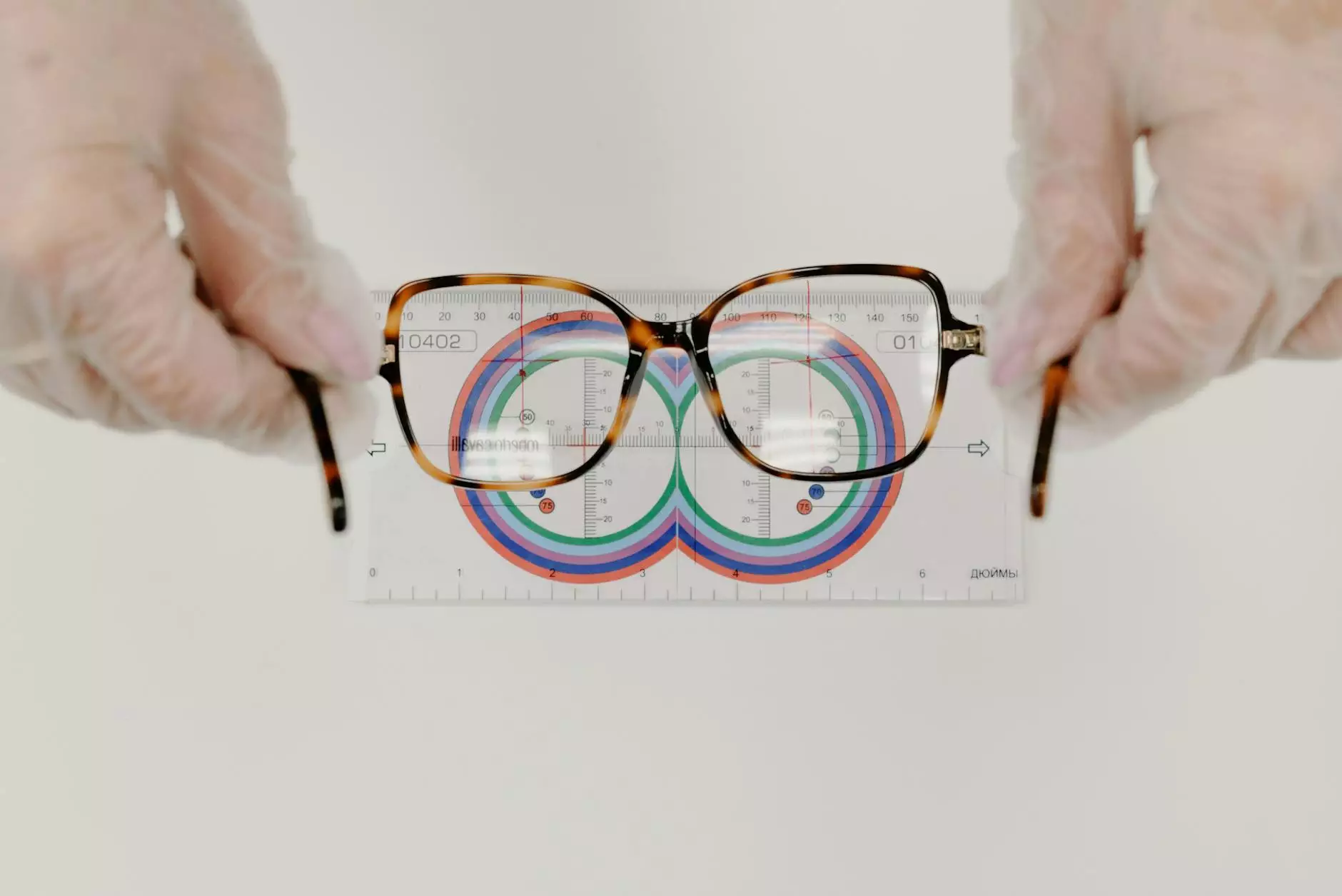The Importance and Functionality of the TCU Control Unit in Automotive Technology

The automotive industry is constantly evolving, with advancements in technology making vehicles more efficient, safe, and enjoyable to drive. One of the key components in ensuring the smooth operation of modern vehicles is the TCU control unit. This article delves into what a TCU control unit is, its crucial role in vehicle functionality, and how it can benefit your driving experience.
What is a TCU Control Unit?
The Transmission Control Unit (TCU) is an essential electronic component within a vehicle's transmission system. It serves as the brain of the transmission, controlling how the vehicle's engine and transmission work together to maximize efficiency and performance. The TCU interprets data from various sensors throughout the vehicle, processing this information to determine the optimal shifting points, thereby enhancing overall vehicle dynamics.
Key Functions of the TCU Control Unit
The TCU control unit performs several critical functions that contribute to vehicle performance. Below are some of its primary roles:
- Shift Point Optimization: The TCU analyzes speed, throttle position, and engine load to determine the best timing for gear changes, ensuring smooth acceleration and engine efficiency.
- Adaptive Learning: Modern TCUs have adaptive learning capabilities, adjusting to the driver's habits over time to optimize performance based on individual driving styles.
- Fault Detection: The TCU is equipped to diagnose issues within the transmission system, transmitting data to the onboard computer to alert drivers about potential problems.
- Communication with Other Control Units: The TCU works in harmony with other control units within the vehicle, such as the Engine Control Unit (ECU), for coordinated operation.
- Safety Features: Many TCUs integrate safety features that prevent overheating or damage to the transmission, guaranteeing the longevity of the vehicle's drivetrain.
The Evolution of TCU Technology
Technological improvements have significantly advanced the functionality of the TCU control unit. In the past, transmissions were primarily mechanically operated, with limited electronic support. However, today’s vehicles use sophisticated electronic controls that allow for precise management of shifting and overall performance. Some major developments include:
1. Automation and Electronic Control
Early automatic transmissions relied on hydraulic systems for operations. With the introduction of electronic control systems, TCUs have become more efficient and responsive, leading to better fuel efficiency and driving comfort. The shift to electronically controlled transmissions has paved the way for the development of continuously variable transmissions (CVTs) and dual-clutch transmissions (DCTs), which enhance performance and improve fuel economy.
2. Advanced Sensor Integration
Modern TCUs incorporate advanced sensors that monitor various parameters, such as temperature, pressure, and vehicle speed. This data is processed in real-time, allowing the TCU to make instantaneous decisions that improve performance and ensure safety.
3. Connectivity and Data Sharing
With the rise of connected vehicles, TCUs are now able to communicate with the cloud and share key performance data. This connectivity allows manufacturers to update TCU software remotely, enabling vehicles to benefit from the latest performance enhancements and bug fixes without the need for physical service.
Why is the TCU Control Unit Essential for Vehicle Performance?
The TCU control unit is integral to a vehicle's performance for several reasons:
- Enhanced Performance: By optimizing shift points, the TCU ensures that the engine operates within its most efficient range, improving performance and fuel economy.
- Smooth Driving Experience: The TCU contributes to smoother transitions between gears, eliminating abrupt shifts that can detract from driving comfort.
- Increased Longevity: By monitoring system health and implementing safety measures, the TCU helps to extend the lifespan of the transmission and drivetrain components.
- Customizable Driving Experiences: Many modern vehicles offer various driving modes (e.g., eco, sport) that alter the TCU’s behavior to suit driver preferences.
Common Issues Related to TCU Control Units
While the TCU control unit is essential for optimal vehicle operation, it is not without its challenges. Some common issues drivers may encounter include:
1. Software Malfunctions
TCUs operate on complex software that can sometimes malfunction or fail, leading to poor transmission performance. Frequent software updates and manufacturer recalls can help mitigate these issues.
2. Sensor Failures
As the TCU relies on various sensors, one or more failing components can cause incorrect readings, resulting in improper shifting or transmission behavior. Regular maintenance can help identify and address these problems before they escalate.
3. Electrical Failures
Electrical issues, such as blown fuses, corroded connections, or faulty wiring, can disrupt TCU operations. Ensuring good electrical contacts and conducting regular electrical system inspections can help prevent these issues.
Maintaining Your TCU Control Unit
Proper maintenance of your vehicle's TCU control unit is crucial for ensuring longevity and optimal performance. Here are some tips:
- Regular Software Updates: Ensure your vehicle’s software is up to date. Manufacturers often release updates to improve TCU performance and fix known software bugs.
- Conduct Routine Inspections: Have your vehicle's transmission system inspected regularly by a qualified mechanic. This will help identify any potential issues with the TCU before they become serious problems.
- Flush the Transmission Fluid: Regularly changing the transmission fluid helps to reduce wear and tear on the transmission and TCU.
- Avoid Heavy-Duty Loads: If your vehicle is not designed for heavy towing or carrying, avoid pushing it beyond its limits, which can put unnecessary stress on the TCU and transmission system.
Conclusion
The TCU control unit is a pivotal component in today’s vehicles, enhancing efficiency, performance, and driving experience. As automotive technology continues to advance, the TCU will only become more sophisticated, integrating with various systems to provide drivers with an unparalleled level of control and comfort. Understanding the functionality and importance of this component can help you better appreciate the complexities of automotive technology and how it contributes to a safer, more enjoyable driving experience.
For those looking for quality automotive parts, such as the TCU control unit, visit shenghaiautoparts.com. We offer a wide range of auto parts and supplies to meet your automotive needs.









